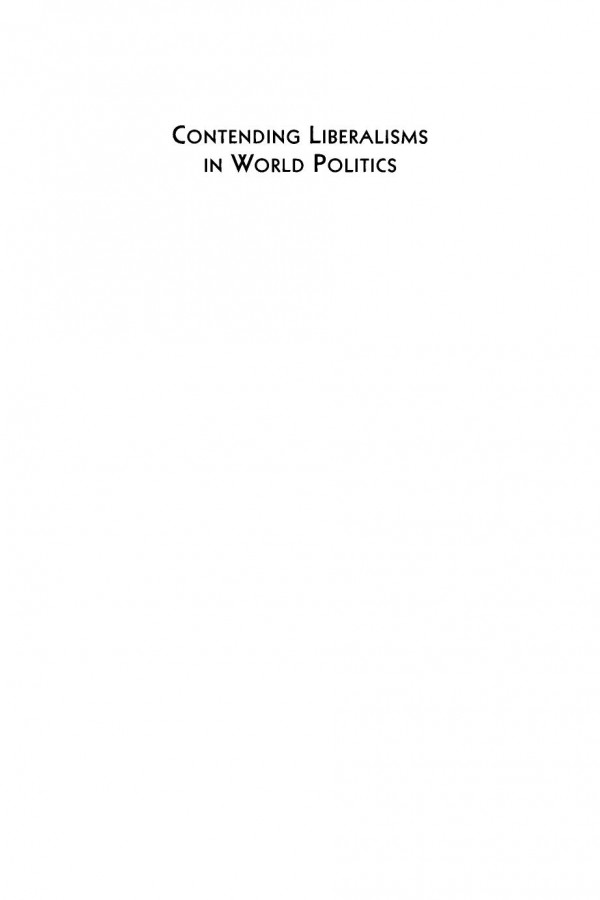

Most ebook files are in PDF format, so you can easily read them using various software such as Foxit Reader or directly on the Google Chrome browser.
Some ebook files are released by publishers in other formats such as .awz, .mobi, .epub, .fb2, etc. You may need to install specific software to read these formats on mobile/PC, such as Calibre.
Please read the tutorial at this link: https://ebookbell.com/faq
We offer FREE conversion to the popular formats you request; however, this may take some time. Therefore, right after payment, please email us, and we will try to provide the service as quickly as possible.
For some exceptional file formats or broken links (if any), please refrain from opening any disputes. Instead, email us first, and we will try to assist within a maximum of 6 hours.
EbookBell Team

5.0
60 reviewsThis wide-ranging critique of current endeavors to construct a world order based on neoliberal ideology comes not from a standpoint opposed to liberalism, but from within liberalism itself. After introducing the theme of contending liberalisms, Richardson traces the emergence over time of a distinctive liberal view of international relations and reviews the present state of liberal IR theory. He then turns to neoliberal ideology, examining it in detail—particularly in the context of globalization—and investigating the powerful forces that support and sustain it. His conclusion, offering modest grounds for optimism, assesses the prospects for an alternative, more equitable liberal order.